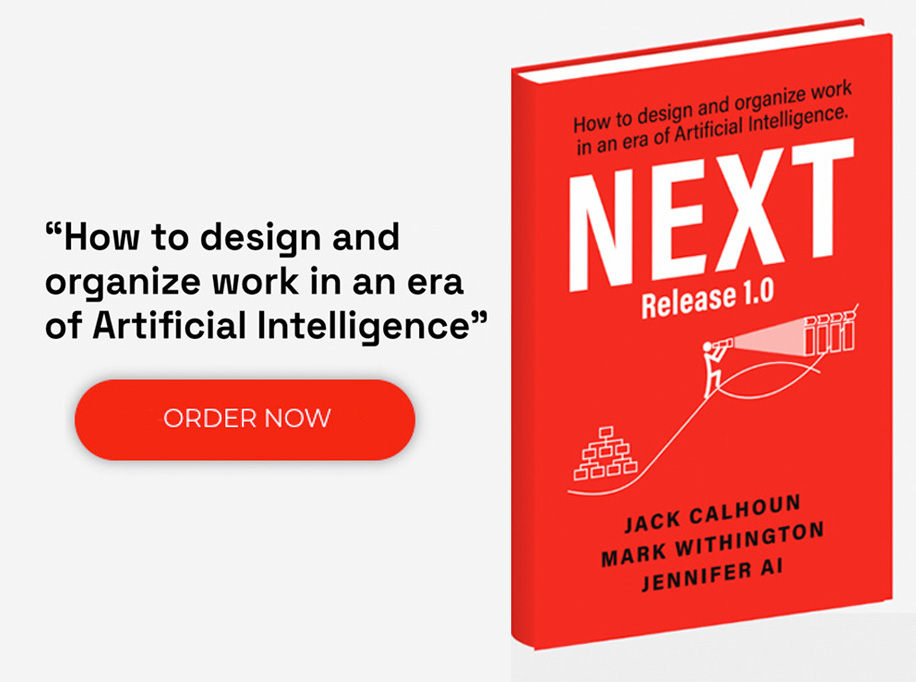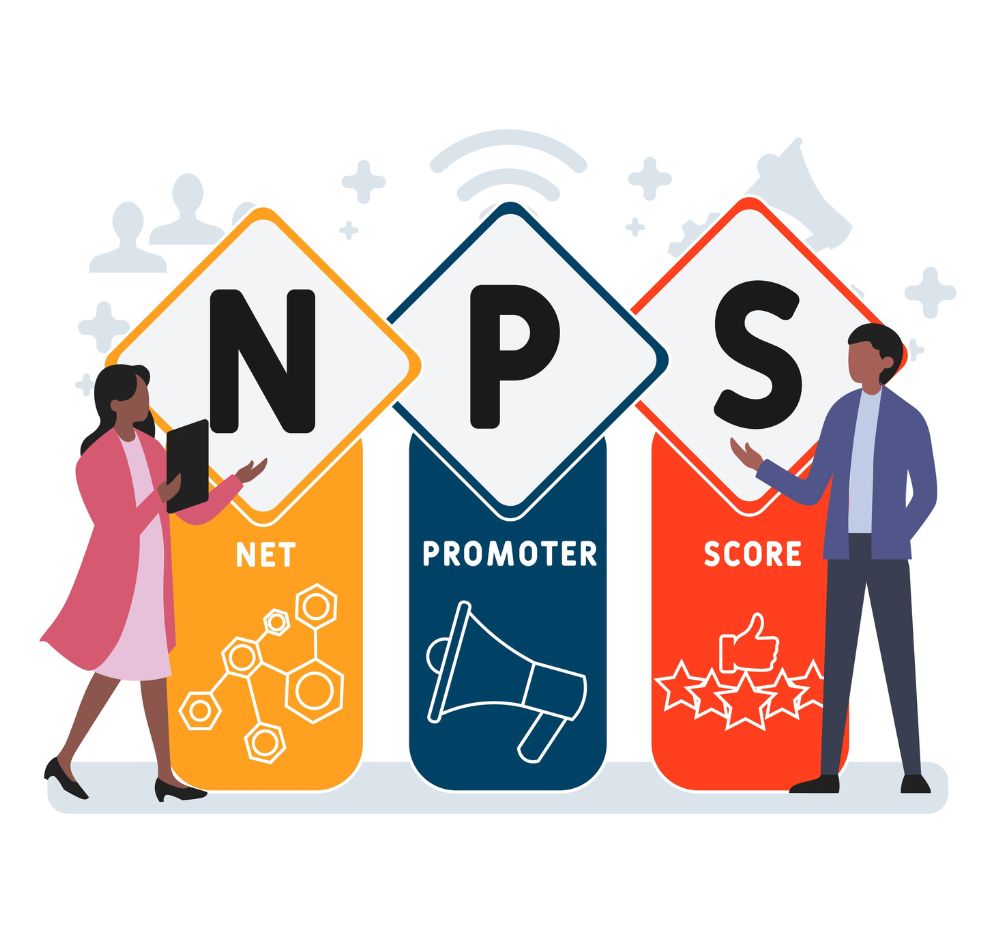In response to digital disruption, organizations across industries are exploring new ways to leverage emerging technologies like AI to transform their operations and drive competitive advantage. One area where AI offers distinct benefits is budgeting and financial planning. AI-driven budgeting offers the potential to revolutionize the way organizations plan, forecast, and make critical financial decisions.
In this guide, we explore the key concepts behind AI budgeting, examine its benefits, and provide a step-by-step framework for integrating AI into your budgeting process. We also introduce our complimentary AI Budgeting Workshop, an interactive session designed to help you identify high-impact use cases, assess your readiness, and develop a customized implementation plan.
What is AI budgeting?
AI budgeting is a new approach to financial planning and forecasting that uses the power of artificial intelligence and machine learning. Unlike traditional budgeting methods, which rely heavily on manual data entry, spreadsheets, and historical data, AI budgeting channels the ability of advanced algorithms to process and analyze vast amounts of data in real time.
Some key aspects of AI budgeting include:
- Automated data integration: AI budgeting tools seamlessly connect to and extract data from various sources, such as ERP systems, CRM platforms, and bank accounts, eliminating the need for manual data entry and reconciliation.
- Intelligent data analysis: Machine learning algorithms analyze structured and unstructured data, identifying correlations, trends, and risk factors that human analysts might miss.
- Predictive modeling: AI-powered forecasting models simulate multiple scenarios, taking into account a wide range of variables and risk factors, to generate more accurate and reliable financial projections.
- Continuous learning: As more data is fed into the system, AI budgeting tools continuously refine their models and algorithms, becoming smarter and more accurate over time.
5 Benefits of Using AI for Budgeting
Implementing AI budgeting brings a wide range of benefits to organizations. Here are some of the key advantages:
- Improved accuracy and reliability: One of the most significant benefits of AI budgeting is the ability to generate more accurate and reliable financial forecasts. By processing vast amounts of data and identifying patterns that humans might miss, AI algorithms can reduce errors and provide a more comprehensive view of an organization’s financial health.
- Time and cost savings: Traditional budgeting processes are often time-consuming and resource-intensive, requiring extensive manual data entry, reconciliation, and analysis. AI budgeting automates many of these tasks, freeing up finance teams to focus on higher-value activities like strategic planning and decision support. By reducing the time and effort required to create and update budgets, AI can also help organizations save money on labor costs and increase overall efficiency.
- Enhanced forecasting and scenario planning: AI-powered budgeting tools offer advanced forecasting capabilities that go beyond simple linear projections. By incorporating machine learning algorithms and predictive analytics, these tools can generate dynamic, multi-dimensional forecasts that take into account a wide range of variables and risk factors. Finance teams can model different scenarios, stress-test assumptions, and make more informed decisions based on data-driven insights.
- Real-time monitoring and agility: With AI budgeting, organizations can monitor their financial performance in real time, identifying potential issues or opportunities as they arise. Finance teams can be more proactive and agile, adjusting budgets and forecasts on the fly to reflect changing business conditions. By providing a continuous feedback loop between actual results and planned targets, AI helps organizations stay on track and make better decisions faster.
- Improved collaboration and decision support: AI budgeting tools often include features like data visualization, dashboarding, and collaboration platforms that make it easier for finance teams to communicate insights and recommendations to stakeholders across the organization. By providing a single source of truth and a common language for discussing financial performance, AI can help break down silos and foster greater alignment around strategic priorities.
Implementing AI Budgeting in Your Organization
While AI budgeting is often part of a larger digital transformation effort, there are specific steps you can take to bolster the success of your implementation:
- Defining your AI budgeting roadmap: The first step in implementing AI budgeting is to define a clear roadmap that outlines your objectives, milestones, and resource requirements. Take the time to identify the specific pain points and opportunities in your current budgeting process where AI can add the most value. It’s important to engage key stakeholders from finance, IT, and the business in this process to ensure alignment and secure the necessary resources and support.
- Assessing data readiness and integration requirements: AI budgeting relies heavily on the quality and accessibility of financial data. Before implementing any AI tools or models, it’s critical to assess the readiness of your data infrastructure and identify any gaps or integration challenges. Tasks may involve consolidating data from multiple sources, cleaning and normalizing data sets, and establishing governance frameworks to ensure data accuracy and security.
- Selecting the right AI budgeting tools and partners: The next step is to evaluate and select the best AI budgeting tools and partners for your organization based on your specific requirements and use cases. Look for solutions that offer robust data integration, advanced analytics, and intuitive user interfaces.
- Piloting and iterating on AI budgeting models: Once you have selected your tools and partners, it’s time to start piloting AI budgeting models on a smaller scale. Doing so allows you to test and refine your approach, validate assumptions, and demonstrate early wins before scaling up to the entire organization. It’s important to establish clear metrics and feedback loops to measure the impact of AI on your budgeting process and continuously iterate and improve your models over time.
- Building AI budgeting capabilities and adoption: To truly embed AI into your budgeting process, building the right capabilities and driving adoption across the organization is critical. Key tasks may involve training your finance team on new tools and techniques, establishing centers of excellence or communities of practice around AI, and creating incentives and rewards for embracing data-driven decision-making.
Implementing AI budgeting can be a complex and iterative process, but by following these steps and leveraging proven methodologies like our Strategy-to-Execution framework, you can seize the opportunities presented by digital disruption.
Gain More Insights in Our AI Budgeting Workshop
At Accelare, we’re committed to helping organizations navigate the complex digital transformation landscape and unlock the full potential of emerging technologies like AI. That’s why we’re excited to offer a complimentary, two-hour AI Budgeting Workshop specifically tailored to your organization’s unique needs and goals.
In this interactive workshop, our team of expert consultants will work with you to:
- Identify high-impact use cases for AI in your budgeting process
- Assess your organization’s readiness for AI adoption
- Define a roadmap for implementing AI budgeting that aligns with your broader digital transformation strategy
Contact us today to reserve your spot and start your journey towards a more agile, data-driven future.
—
References:
https://www.accelare.com/digital-transformation/ai-roadmap
https://www.accelare.com/ai-powered-budgeting
https://www.accelare.com/digital-transformation/ocm
https://www.accelare.com/blog/a-successful-strategy-execution-process
https://www.accelare.com/
https://www.accelare.com/ai-powered-budgeting
https://www.accelare.com/meet-the-team
https://www.accelare.com/contact-us











